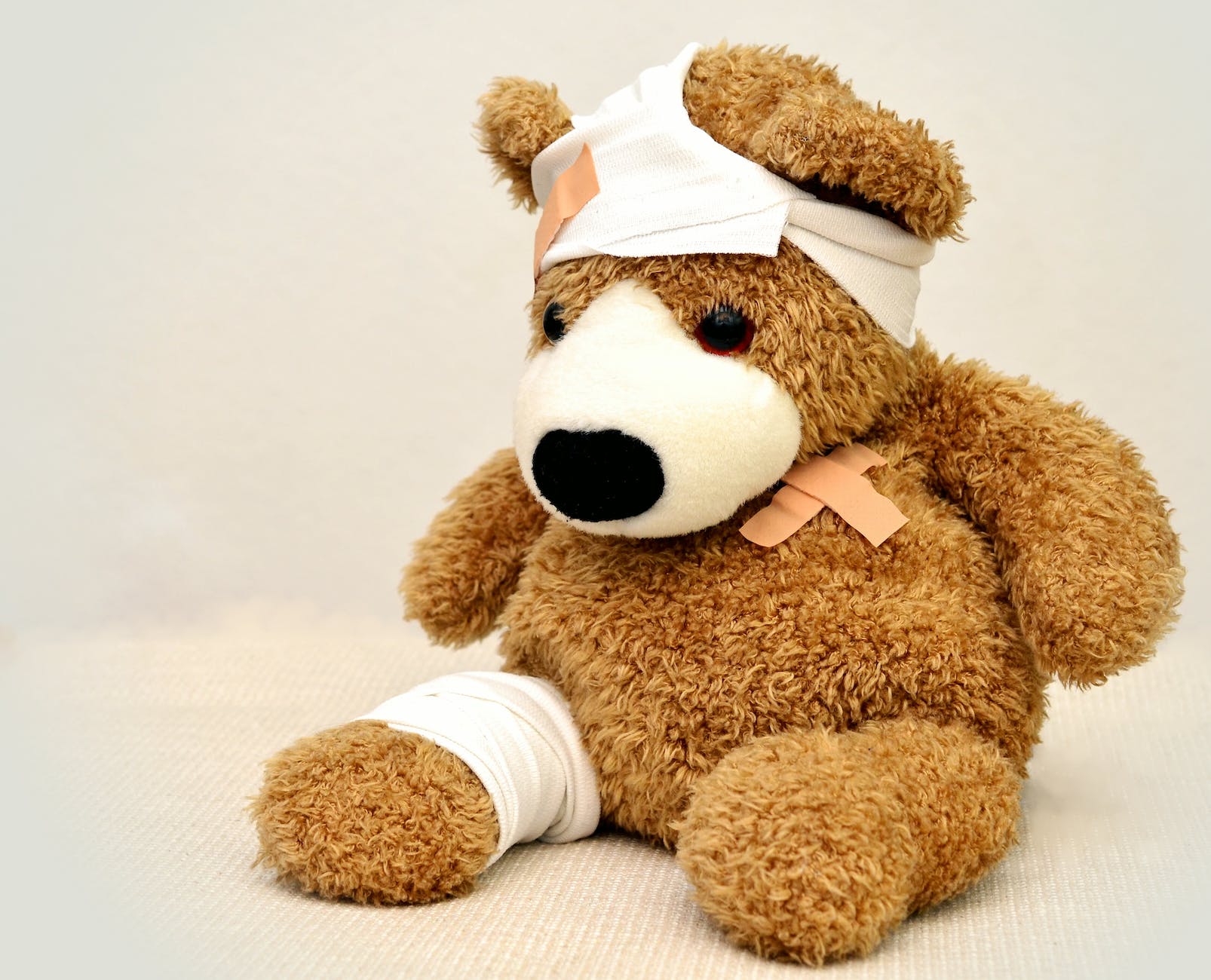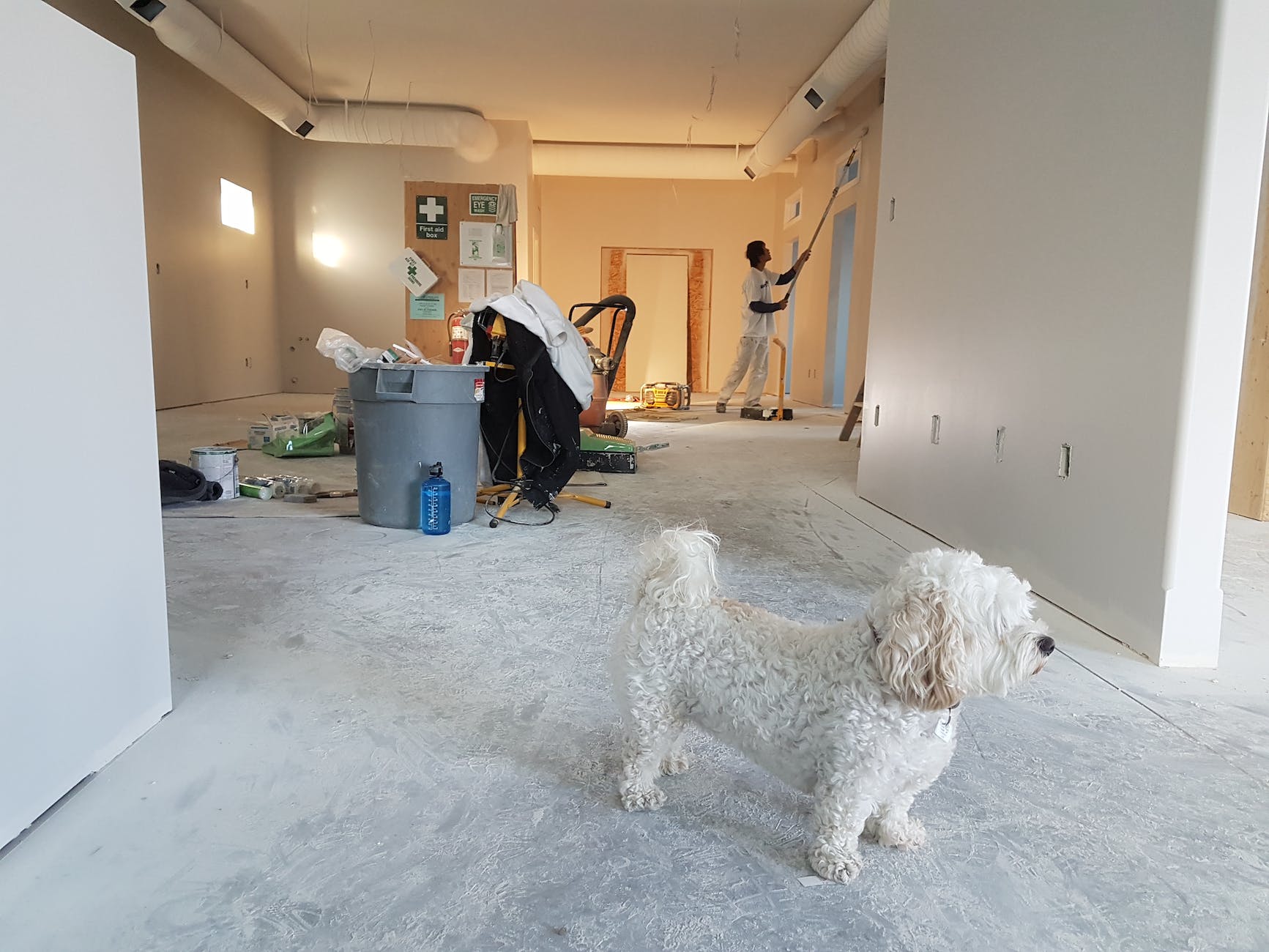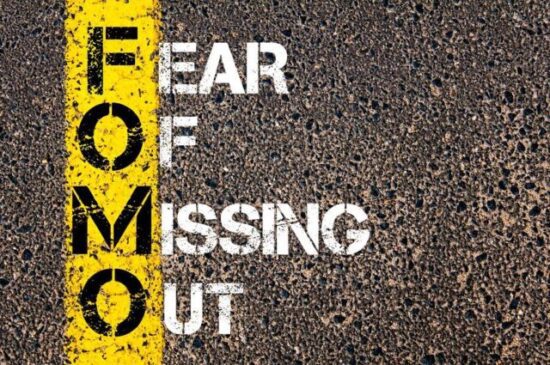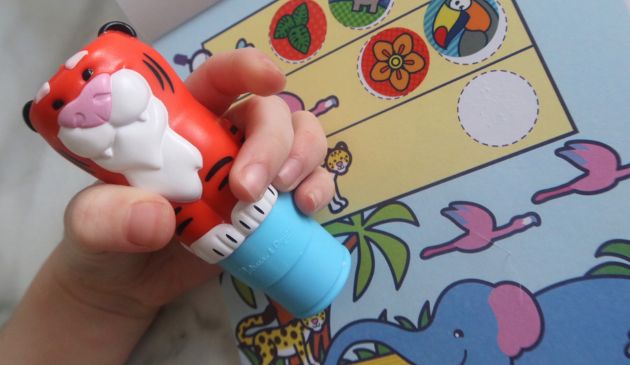
It’s Time To Take Your Health Seriously!

This is a collaborative post
Our physical and mental health is incredibly important at any point in our lives. Nevertheless, once we decide to start a family, it’s fair to say that your health becomes even more significant. Instead of needing to just look after ourselves, we now also have to factor in the welfare of our family; as parents, we want to ensure we’re there for all those key moments.
Being concerned about your health, however, isn’t the same as actually doing something about it — it’s far too easy to think about becoming healthier without actually setting time aside to do it. This is especially true when fitting in work, school runs, spending time with the family, and then downtime for yourself. All in all, taking your health seriously isn’t as easy as we’d like it to be!
Start Small
Part of the problem with being more aware of your health is that people assume you have to start big at the beginning. This is certain to lead to disappointment and failure, both of which will delay our quest to become healthier. As with anything in life, slow and steady is the best way to not only begin making those small changes, but to also make sure you keep them going once you move beyond that initial starting period.
If you get a diagnosis of ADHD, for instance, the treatment is slow and steady, contact The ADHD Centre for an assessment and some of the best ADHD advice available.
Are Your Habits Good or Bad?
One of the best ways to address your health, and whereabouts it falls on the healthy lifestyle scale, is to analyse your habits. Do you have any bad habits you could do with reducing or quitting, such as smoking or drinking? By doing something as simple as identifying these problem areas, you can begin to implement changes, such as decreasing the number of cigarettes you smoke each day, or how much alcohol you consume each week.
Taking a closer look at such behaviour isn’t always easy to do, as it can force ourselves to recognise that we may have a problem that needs extra help. If that sounds like something you need assistance with, you can seek help from exterior, professional sources; for example, you can learn more about stopping alcohol safely at Serenity Addiction Centres. Even if you don’t feel you need extra assistance right now, knowing where to find helpful resources is also beneficial for adopting a more healthy lifestyle.
Once you start to change your bad habits into good ones, you’ll likely feel in a better mindset to start altering other areas of your life, such as your activity levels.
Keep Moving Everyday
If you’ve taken the time and effort to rid your body of toxins from vices such as smoking and drinking, you should enhance the progress made by increasing your activity levels. After all, while watching what you put into your body is an important piece of the puzzle, it isn’t the only one you need to focus on.
Becoming more physically active doesn’t mean working out three hours a day all of a sudden after several years of low activity. However, what it does mean is to start introducing more movement into your daily lives, e.g. walk to work if you’re able to do, or take the stairs instead of the lift. These sound like insignificant ways to improve your health, but you’d be surprised at the impact such minor changes can have.
Then, once your body is better used to moving around and getting warmed up, you can start taking steps towards the advised average of 120 minutes per week of moderate exercise. Although that may sound like a lot of time dedicated to working out, those 120 minutes only equal 30 minutes of activity across five days of the week. Once you know that, the idea of scheduling in regular exercise soon starts to feel much more manageable.
Exercise can keep your body working as it should, your bowels moving regularly and help prevent lots of other unpleasant health conditions. If you feel that your body is congested and backed up you could also consider colon cleansing or colonic irrigation.
What Kind of Exercise?
Having an idea of the length of time you should workout is all well and good, but if you’re doing the wrong exercises, it’ll prove ineffectual. When professionals use the term moderate, they’re referring to exercise that gets you sweating, but that doesn’t necessarily exhaust you: you’ll be out of breath but you’ll still be able to go about your day afterwards.
The best way to do this is to start by introducing cardio workouts, such as aerobics or jogging/running. By carrying out this type of fitness routine, you’ll begin burning those calories and extra body fat, as well as helping to improve your mood; studies have shown that exercise is hugely beneficial in helping with depression.
Now that you’ve got a solid foundation of exercise to work from, you can start to introduce other types of fitness routine, such as strength training. By doing so, you’ll further improve your fitness levels, as well as prevent yourself from hitting the dreaded boredom of a repetitive routine.
Learn to Spot Toxicity
A lot of what’s been discussed so far has been related to physical wellbeing, whereas now it’s time to turn our attention to mental wellbeing. Toxicity can come in many forms, but in this example we’re referring to toxic relationships between yourself and family members and/or friends. As much as we dislike admitting it, all of us are guilty of entertaining a mentally distressing relationship rather than bringing it to an end.
It’s not hard to understand why this is, as we’ve invested time and emotions into these relationships, so the idea of them failing isn’t an easy one to accept. Nonetheless, while it isn’t a pleasant realisation to address, neither is it nice to be unhappy and allow the situation to stagnate and worsen.

















































